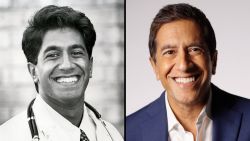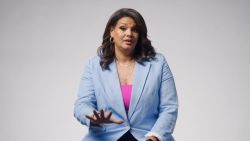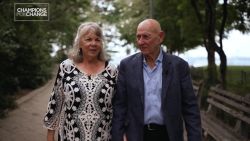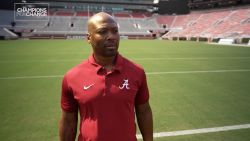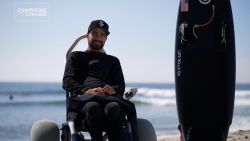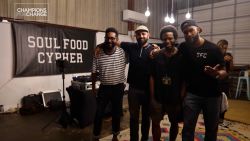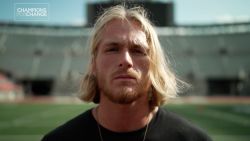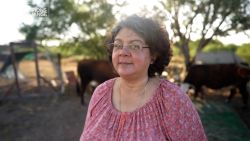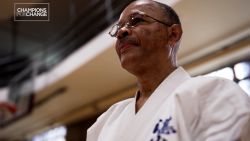One year ago, familiar images flooded television screens across the country.
Police converged on a high school. Teenagers held their hands aloft while they were escorted outside. Distraught parents mourned their dead children and officials condemned the violence and offered their “thoughts and prayers.”
But that was soon drowned out by survivors and families of the victims of the February 14, 2018 shooting at Marjory Stoneman Douglas High School in Parkland, Florida. Together, they called for changes that would prevent a similar tragedy from happening to anyone else.
They confronted their lawmakers. They rallied others to their cause. And then they took to the streets of Washington, DC, to put on the March For Our Lives, make impassioned pleas for reform and declare, “Never Again.”
Gun safety advocates saytheir success is perhaps best illustrated by legislation passed in different states across the country last year: 67 new gun laws were enacted by both Republican and Democratic legislators in 26 states and Washington, DC, according to a year-end report by the Giffords Law Center to Prevent Gun Violence.
“2018 was a momentous year in terms of gun safety legislation,” said Allison Anderman, the group’s managing attorney. “The sheer number of the significant pieces of legislation that were enacted, the fact that very consequential bills were signed by Republican governors, as well as the very few gains made by the gun lobby really combined to make it kind of an earth-shattering year.”
When contacted by CNN, a spokeswoman for the National Rifle Association touted its own success. By the NRA’s count, 203 “anti-gun” bills failed or were defeated in 2018, and 7 more were vetoed by governors. The NRA said that 26 pro-gun laws were enacted at the state level in 2018.
Still, the Giffords Law Center says that state legislatures tackled a wide range of gun safety issues last year, from improving background checks to keeping guns out of the hands of domestic abusers. They implemented extreme risk protection orders, banned bump stocks and large-capacity magazines and tightened laws relating to concealed carry.
For years, gun violence prevention advocates worked to lay a foundation for gun control policies by building an infrastructure and introducing bills, even if they were going to fail, Anderman said, and that helped the “tremendous success” advocates saw in 2018.
But the impact of the Parkland shooting, its survivors and the families of the victims was certainly a factor.
“They never backed down,” Anderman said of the Parkland activists. “And they were incredibly eloquent and motivated and organized. And the March For Our Lives campaign that they created was tremendously effective at amplifying the message and bringing people into the fold.”
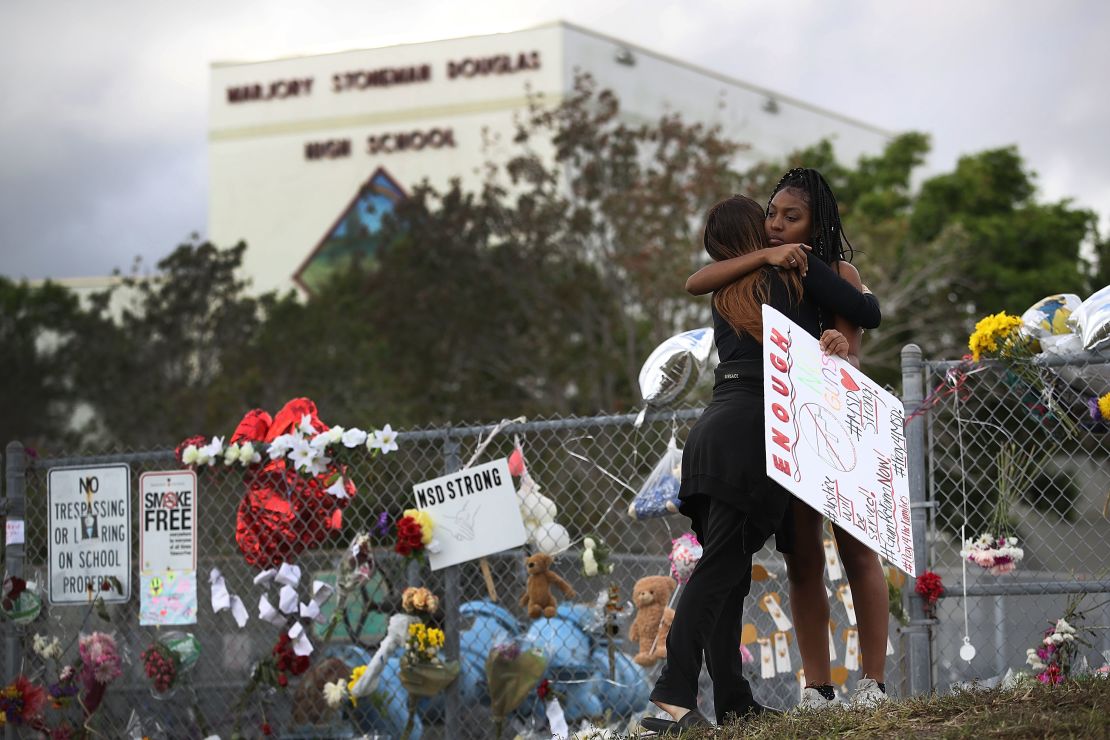
Republicans and Democrats compromised
Advocates for gun safety legislation say that one of the clearest indicators that 2018 was a watershed momentwas that the bills weren’t limited to Democratic legislatures and governors.
Anderman pointed to Republican governors in both Florida and Vermont, who both signed bills implementing gun control measures.
It took less than a month after the Parkland shooting for Florida’s Republican legislature to pass SB 7026 and send it to the desk of then-Gov. Rick Scott.
The bill, also known as the Marjory Stoneman Douglas High School Public Safety Act, covered a wide range of policies. Some of them were championed by gun control advocates, like allowing law enforcement to ask for an “extreme risk protection order,” which temporarily prohibits someone from possessing firearms if they pose a threat to themselves or others.
But SB 7026 also provided additional funding for armed school resource officers and cleared the way for armed teachers, as long as the local school district and sheriff’s department are in agreement.
Those approaches aren’t favored by many gun control advocates and weren’t championed by most of the Parkland students. But they were supported by Andrew Pollack, whose daughter Meadow, a senior at Marjory Stoneman Douglas High School, was killed.
In the year since her death, he’s worked to make school safety a priority in Florida and met with President Donald Trump. Now, he’s a member of the Florida Board of Education, where he hopes to make change happen from the inside.
“School safety should be nonpartisan,” he recently told CNN’s Dianne Gallagher. “It should be a bipartisan issue. We just want the schools safe. So we should all come together, both sides, and say, what is it going to take to harden the schools?”
Florida Senate President Bill Galvano, who sponsored SB 7026, said he believes the comprehensive nature of the bill was instrumental to its passing, and that all issues needed to be taken into account.
“The truth is,” he said, “it’s about all of it.”
“I thought that if we were truly being intellectually honest and wanting to address the issue comprehensively, all components needed to be a part of it,” said Galvano, who sponsored the bill.
After past mass shootings, like those at Sandy Hook and the Pulse nightclub in Orlando, Florida, lawmakers tried taking less comprehensive steps.
But, Galvano said, “Parkland very clearly reminded us that we had to do so much more, that what we had done in the past was not enough.
The survivors and the victims’ families who got involved very early were key to the bill’s success, Galvano said. “Certainly, it definitely helped,” he said, adding that the tragedy of Parkland was one that he believes “echoed throughout the nation.”
“In some way,” he said, “I have to believe that the courageous way we addressed the myriad issues within this bill had to encourage others elsewhere.”
Voters were ‘inspired’ and took control
But it wasn’t just state legislators who passed new gun control measures. Voters in Washington state took matters into their own hands and passed Initiative 1639, the only voter initiative aimed atgun safety that appeared on a ballot last November.
“I was inspired by the response of the high school students from Parkland,” said Paul Kramer, the initiative’s citizen sponsor, “and the way that they responded following that shooting, speaking out. And it seemed to me that people were listening in new ways.”
Kramer became intimately familiar with the consequences of gun violence after his son was shot at a party among high school friends in 2016. He survived, but three others were killed.
Since then, Kramer has been dedicated to advancing gun safety initiatives, and when at least 2 recent bills aimed at curbing the gun violence epidemic failed to get a floor vote in the last two legislative sessions, he was disappointed, particularly after Parkland.
“That was an even bigger disappointment when the legislature failed to take action after Marjory Stoneman Douglas,” he said.
But that changed when nearly 60% of voters passed I-1639, under which gun owners could be held criminally liable if someone who’s not allowed to access a firearm, like a child or a felon, uses it in a crime – unless the gun owner was found to keep the gun secured in a safe or lockbox.
Kramer believes many voters were weary of gun violence, and the shooting in Parkland and the subsequent calls for change left an impression on them. He recalled how local teenagers in his hometown of Mukilteo followed the footsteps of Marjory Stoneman Douglas students and put on their own student-led rally against gun violence last spring.
“People were still very much aware of that and that informed their decision when casting their vote on the ballot in November,” he said. “The March For Our Lives movement made an impact in Washington state.”
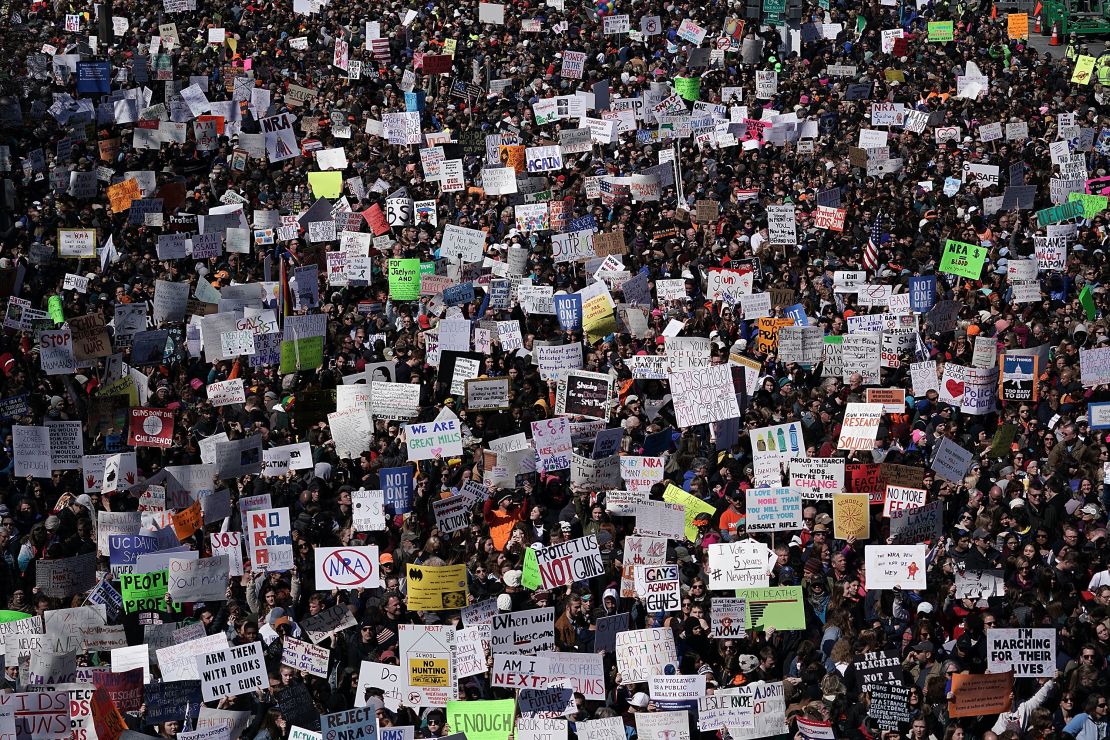
There’s still work to be done, advocates say
Despite thegainsmade by the gun safety movement last year, advocates said there are still clear gaps to fill.
Gun lobbying groups did claim some wins last year, Anderman said.
For example, both Idaho and Wyoming enacted “Stand Your Ground” laws, which allow the use of deadly force in response to threats without the fear of criminal prosecution. Oklahoma expanded its “Stand Your Ground” law to allow deadly force in houses of worship, and Wyoming also repealed the prohibition of guns in houses of worship.
West Virginia passed a law that forces business owners to allow guns in the parking lots of their businesses, and Nebraska passed a new law that allows the withholding of public information related to firearm registration, possession and sales.
But it seems like nothing could diminish the resolve of the Parkland students who stood up and found themselves at the center of the gun control debate.

“I think we moved the needle. Not enough, but we did,” Jaclyn Corin, one of the founding members of March For Our Lives and a senior at Marjory Stoneman Douglas, told CNN’s Dianne Gallagher of the initial rush of activism that came out of the Parkland shooting.
But there’s always more room to make change, she said. And so the students who put on the March For Our Lives focused their energy on encouraging young people to vote for candidates whose policies aligned with theirs. They toured the country, meeting and talking with local activists to build a decentralized coalition to tackle gun violence in their communities.
“We are actively creating a grassroots army of young people that are focused not only on Congress, but on their state legislatures, on their city councils and school boards because that’s where the real work gets done,” Corin said.
“And that’s where people need to be putting focus on because, sure, things are going to change on a federal level,” she added, “but only if you make noise in your communities.”
CNN’s Fredreka Schouten, Dianne Gallagher and Meridith Edwards contributed to this report




